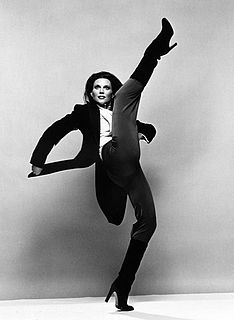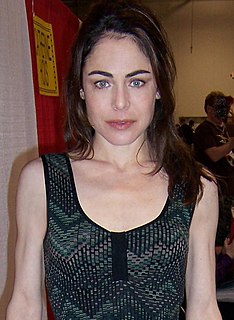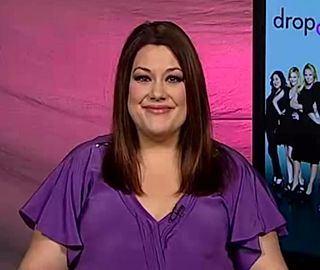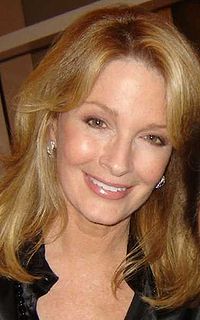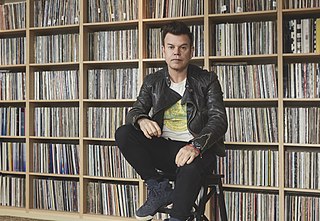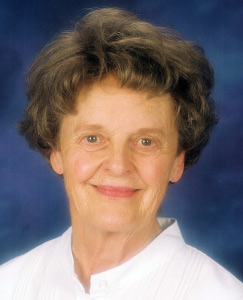A Quote by Timothee Chalamet
On American sets, you work 12-, 14-, 16-hour days sometimes. All that volume over a short course of time can actually be less conducive to telling a story accurately.
Related Quotes
It's not so much less pressure, it's less work, which is really exciting to me. I'm just personally looking forward to being able to spend a little more time doing different things, so that's really great. Jay and I are writing a book this year which is really fun and so yeah, I am very excited to spend less crazy 12-hour days on set. Those were taxing times.
A lot of people are like, "Oh, it's so much easier to be a supermodel now because you have Instagram. You don't even need an agency anymore." But that's just not true. I still had to go to all the castings, I still had to go meet all the photographers, I still had to do all of that to get to where I am now. There wasn't a step taken out just because I had social media. I still have 12-hour days, I still have even 24-hour days sometimes; I still have to do all those things. We don't work any less hard than the '90s models did when they were young.
There were something like 50 good, arduous climbs around Nice, solid inclines of ten miles or more. The trick was not to climb every once in awhile, but to climb repeatedly. I would do three different climbs in one day, over the course of a six- or seven-hour ride. A 12 mile climb took about an hour, so that tells you what my days were like.

